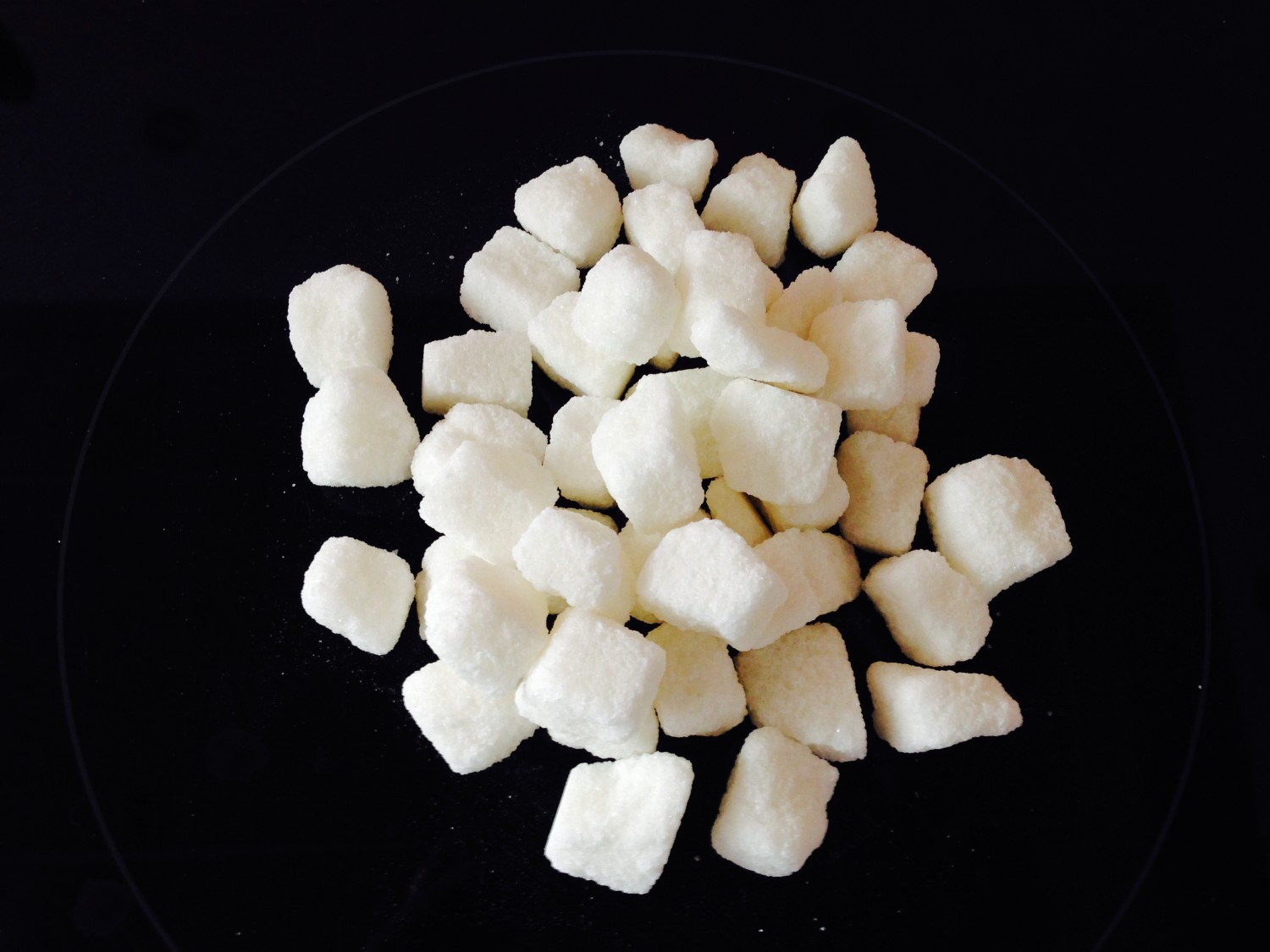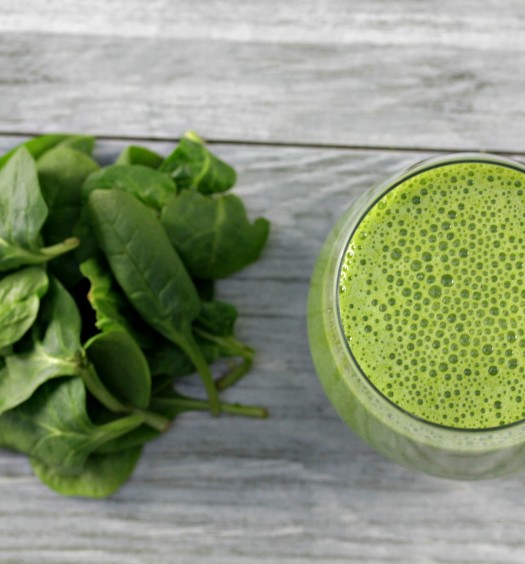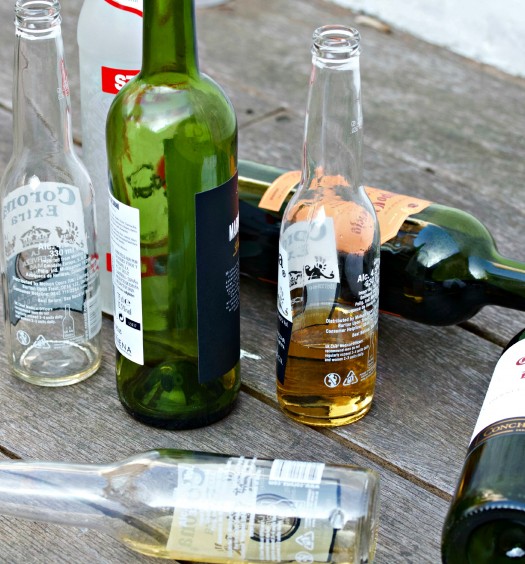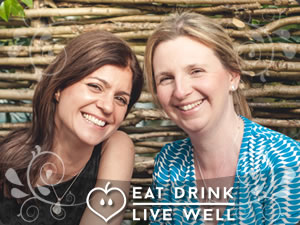Last week another cancer story hit the news. This is nothing new, there’s always some sensational breakthrough – vitamin D helps fight cancer, vitamin E can cause it, red wine is protective and so on. But this story made me stop and think. Researchers have developed a novel way of detecting the disease by giving patients an injection of sugar before doing an MRI scan. This is a big deal as it eliminates the need to use radiation for detection – a cause of cancer in itself.
Using this method, tumours can be detected using the same amount of sugar found in half a chocolate bar. The study is based on the fact that tumours consume a higher amount of glucose compared with healthy tissues as a way of sustaining their growth.
A remarkable achievement and so simple. But why not take it one step further? Why look at finding cancer using sugar and not preventing cancer by reducing sugar – isn’t this the next logical step?
It’s estimated that soon one in two of people living in the UK will be diagnosed with cancer at some point in their lives. However some cases could be prevented as many cancers have nutritional beginnings; figures from the World Health Organisation show at least a third of cancers are caused by unhealthy lifestyles. Cancer doesn’t just appear from nowhere – it’s the condition of the body which expresses itself in the tumour – a symptom of all that has gone before it.
The sugar and cancer link
Glucose (sugar) is the primary fuel for most of the cells in the body, even cancer cells. Having a bloodstream full of sugar is a great way for cancer to thrive, but the problem doesn’t stop there. Elevated sugar levels in the blood stimulate the release of insulin. This is damaging for a number of reasons:
- Cancerous cells have receptors for insulin. Once insulin has attached to the receptor, it encourages the cell to divide and multiply, encouraging tumours to grow.
- Insulin makes you fat. Maintaining a healthy body weight is important since obesity is a major risk factor for many cancers.
- Glucose competes with vitamin C for entry into immune cells. This can lower white cell count by 50%. Worryingly a teaspoon of sugar can depress the immune system for up to five hours. And it’s your immune system that’s your primary defence in destroying cancer cells.
- When cancer cells metabolise glucose they create lactic acid as a by-product. Cancer cells prefer this acidic state and tend to die off in an alkaline environment.
- Inflammation is a key component of tumour progression. If insulin levels remain elevated this causes an increase in inflammation. Tumour cells use this inflammatory process to signal cells to multiply.
So what are the best dietary guidelines?
Through the foods you choose to eat you can create an anti-cancer environment in the body. You’re looking at reducing sugar, acid and inflammation, therefore making the system hostile to cancer growth.
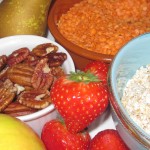 Controlling blood glucose helps starve cancer and bolster immune function. Studies show that losing weight and eating less sugar can make a big difference in cancer survival. You can read our guide to controlling blood sugar levels here, but it’s basically eating plenty of unrefined carbohydrates, beans and lots of vegetables. Always combine carbohydrates with protein and cut out all refined carbs.
Controlling blood glucose helps starve cancer and bolster immune function. Studies show that losing weight and eating less sugar can make a big difference in cancer survival. You can read our guide to controlling blood sugar levels here, but it’s basically eating plenty of unrefined carbohydrates, beans and lots of vegetables. Always combine carbohydrates with protein and cut out all refined carbs.
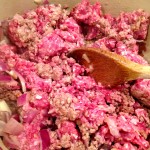 I’d also watch your intake of animal products, not only are they highly acidic, they are also pro-inflammatory and contain growth factors. The worst culprits are saturated fats (principally from meat and dairy products) and processed or damaged fat (from fried and processed foods). If you eat red meat, limit your intake to two small servings twice a week. Choose organic and avoid burned and processed meat.
I’d also watch your intake of animal products, not only are they highly acidic, they are also pro-inflammatory and contain growth factors. The worst culprits are saturated fats (principally from meat and dairy products) and processed or damaged fat (from fried and processed foods). If you eat red meat, limit your intake to two small servings twice a week. Choose organic and avoid burned and processed meat.
 An increased intake of omega-3 fats may reduce risk of cancer. They help lower inflammation and are thought to prevent the expression of genes that promote cancer. The best sources are salmon, mackerel, herring, tuna, sardines and anchovies. Vegetarian sources include seeds (chia, flax, pumpkin) and nuts (walnuts).
An increased intake of omega-3 fats may reduce risk of cancer. They help lower inflammation and are thought to prevent the expression of genes that promote cancer. The best sources are salmon, mackerel, herring, tuna, sardines and anchovies. Vegetarian sources include seeds (chia, flax, pumpkin) and nuts (walnuts).
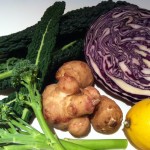 And not forgetting fruit and veg: the key is to eat a mainly plant-based diet, rich in lots of colourful fruit and vegetables providing a multitude of cancer-fighting antioxidants. Cruciferous vegetables (broccoli, cauliflower, kale, radish, cabbage) contain potent chemoprotective agents as do garlic and spices such as turmeric and ginger.
And not forgetting fruit and veg: the key is to eat a mainly plant-based diet, rich in lots of colourful fruit and vegetables providing a multitude of cancer-fighting antioxidants. Cruciferous vegetables (broccoli, cauliflower, kale, radish, cabbage) contain potent chemoprotective agents as do garlic and spices such as turmeric and ginger.
The recent breakthrough in cancer detection using sugar is remarkable but I’m hoping it will lead to questioning about the role dietary sugar plays in cancer progression. The odds are against us avoiding the tragedy of cancer – whether it’s ourselves or those close to us. Prevention through nutrition is vital to lowering those odds.
We hope you enjoyed this article. Let us know how you get on in the comments below or on our facebook page and don’t forget to sign up to our newsletter to receive more recipes, nutrition tips and expert advice.

